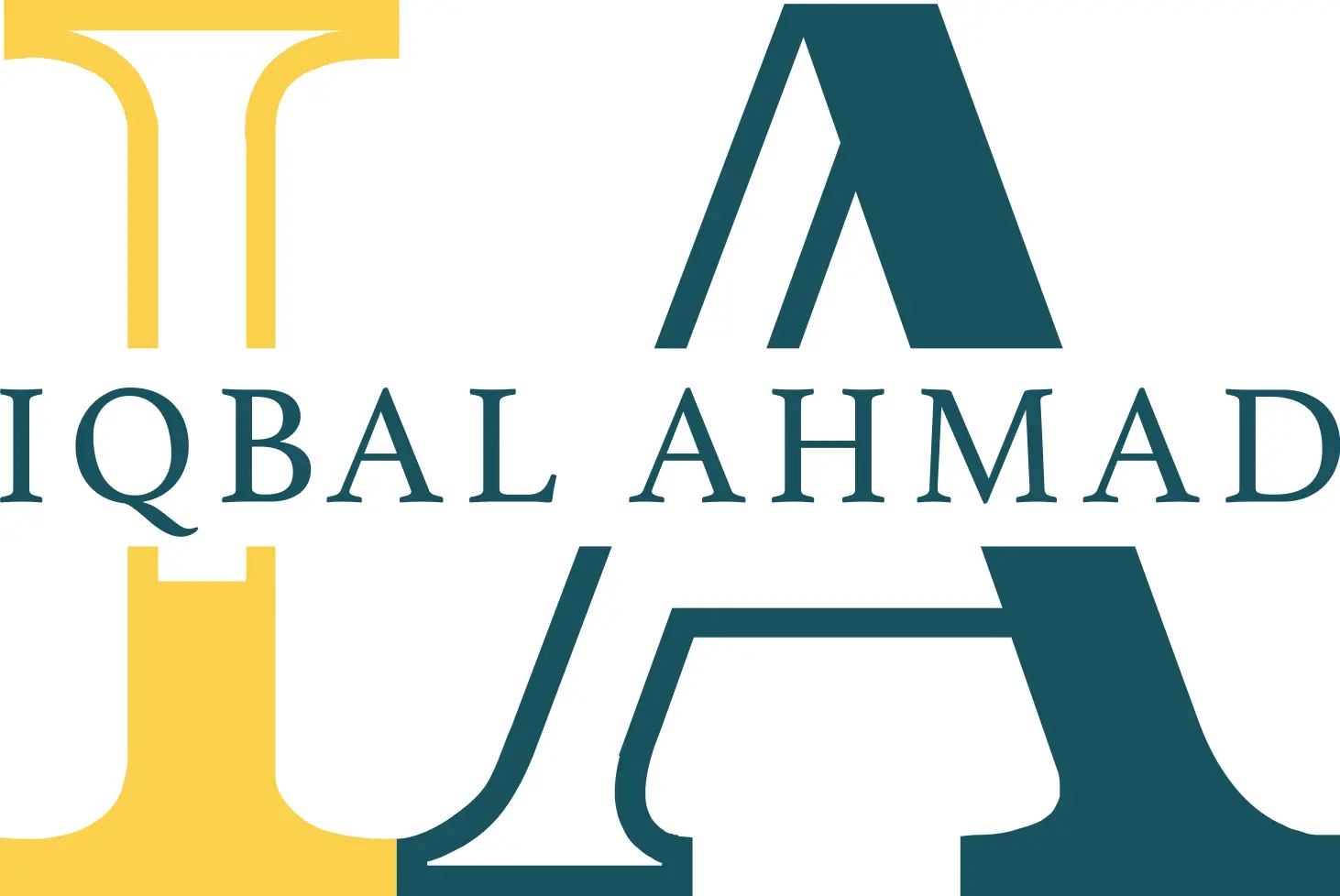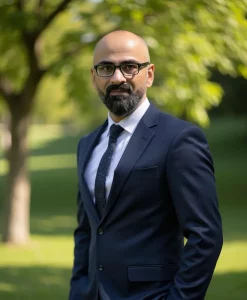The world of accounting is changing fast. With AI and automation stepping in to handle routine tasks, accounting students today need more than just a solid understanding of traditional principles. They need to get comfortable with technology, learn how to work with data, and understand the tools that are reshaping the industry. In this blog, I’ll explore how these changes are influencing the skills students need and how accounting education is keeping up.
How is the rise of AI and automation transforming the skillset that accounting students need to develop, and how is accounting education adapting to meet these new demands?
I believe that the rise of artificial intelligence has modified the skillset that accounting students need to develop in present time. It is not only about learning about traditional accounting principles but also about being proficient in data analysis, AI tools and automation systems. With the help of these tools, repetitive tasks can be handled automatically like data entry and tax calculations. With the use of automation tools, a lot of time can be saved leaving accountants with time to work on strategic work.
I think accounting education is evolving to meet these demands keeping it more tech-focused like machine learning, and data visualisation. The updated education ensures students are not only equipped with accounting knowledge but also the skills to leverage emerging technologies in their careers.
With analytics playing a bigger role in financial decision-making, how are universities integrating data science and technology into traditional accounting programs?
I have seen that universities are adopting the integration of data science and technology into traditional accounting education. Many institutes in the UK now offer subjects like data analytics, and machine learning in the major of accounting. This initiative gives chances to students to develop skills in data interpretation, predictive modelling and financial forecasting. Using tools like Excel, Python, and various accounting-specific AI platforms equips students with the traditional accounting knowledge and technical expertise required in the advanced financial world.
What advice would you give to accounting students or early-career professionals who want to stay competitive in an increasingly tech-driven industry?
My advice for accounting students and individuals who are just stepping foot into their accounting career is to embrace technology as soon as they can and continuously work to upskill. It is crucial to become proficient in AI-driven platforms and software related to accounting to be more efficient in their work. I would also recommend that students should learn basic coding and languages like Python, as it is useful for automating tasks and analysing financial data. These technical skills will help them remain competitive and adaptable in this evolving industry.
How do you see the future of accounting education evolving over the next decade, and what major changes should current and aspiring accountants be prepared for?
The next decade is going to be revolutionising accounting education. I see interdisciplinary learning, incorporating cloud technology, blockchain integration and data analytics. There will be less focus on manual tasks and more on strategic thinking and the use of advanced technologies. The role of the accountant will also be expanded from number crunching to advising and decision-making, so critical thinking and communication skills will be necessary to stay relevant.
Conclusion
All in all, the accounting field is heading in an exciting direction. If you’re a student or just starting your career, now’s the time to embrace tech, pick up new skills like coding, and stay curious about how the industry is evolving. The more you learn about the tools and trends shaping the future, the better prepared you’ll be to grow in your career and take on more strategic roles. The future of accounting isn’t just about numbers—it’s about insight, adaptability, and innovation.


